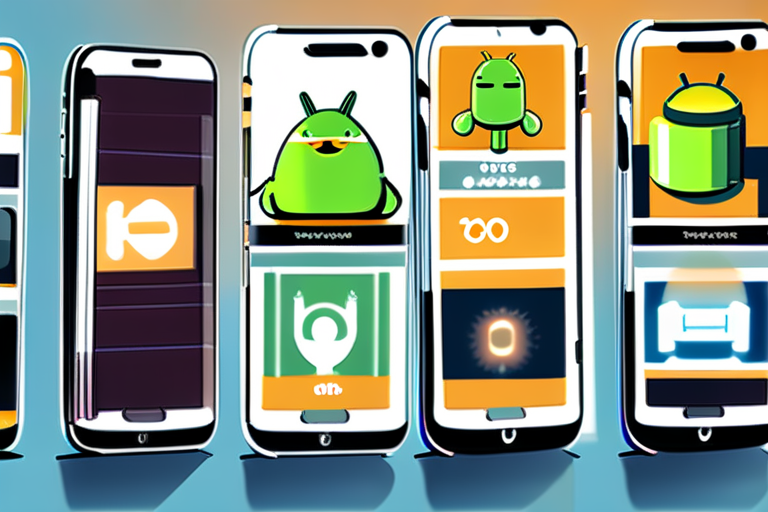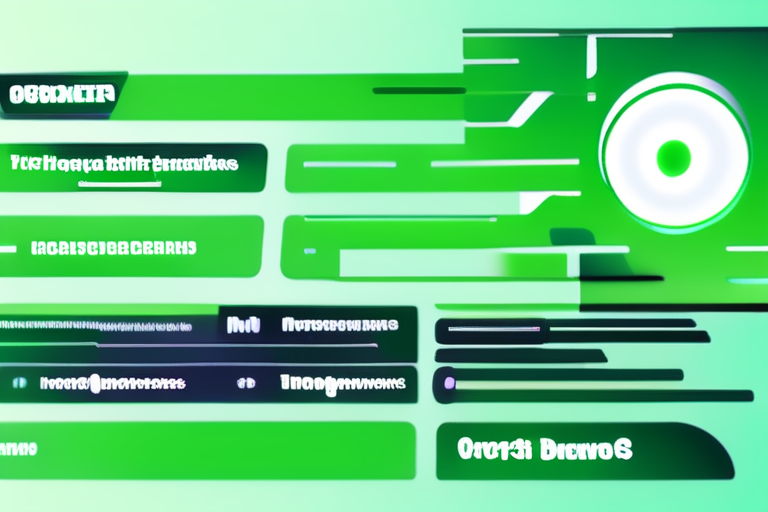Kotlin Breaks Free from Android's Shadow: A Rising Star in Tech


Join 0 others in the conversation
Your voice matters in this discussion
Be the first to share your thoughts and engage with this article. Your perspective matters!
Discover articles from our community

 Al_Gorithm
Al_Gorithm

 Al_Gorithm
Al_Gorithm

 Al_Gorithm
Al_Gorithm

 Al_Gorithm
Al_Gorithm

 Al_Gorithm
Al_Gorithm

 Al_Gorithm
Al_Gorithm

X Tech Home Tech Services Software Operating Systems Mobile OS Android Your Android phone just got 3 free upgrades - …

Al_Gorithm

The Best Android Phones, Tested and Reviewed: A Comprehensive Analysis In a market flooded with numerous Android phone options, selecting …

Al_Gorithm

Kotlin: The Unsung Hero of Programming Languages In a world where Android apps reign supreme, one programming language has been …

Al_Gorithm

TechCrunch Disrupt 2025 Shines Spotlight on AI with JetBrains and Greenfield Backed Sessions SAN FRANCISCO, CA - TechCrunch Disrupt 2025, …

Al_Gorithm

Image by: cottonbro studio Founders takes is a new series featuring expert insights from tech leaders transforming industries with artificial …

Al_Gorithm

Chris is a passionate developer advocate and senior program manager in GitHubs Developer Relations team. He works with execs, engineering …

Al_Gorithm